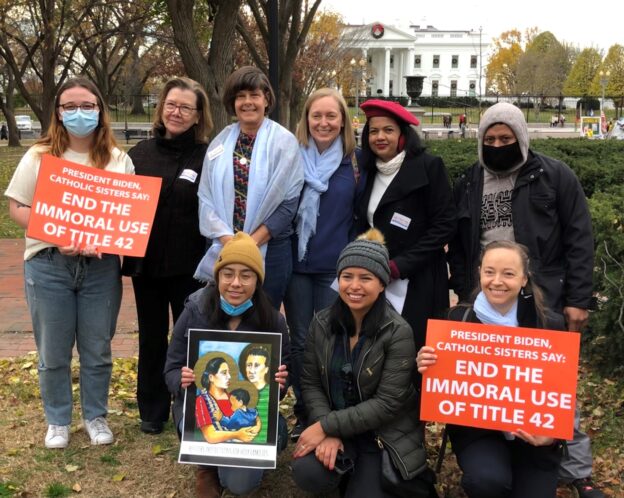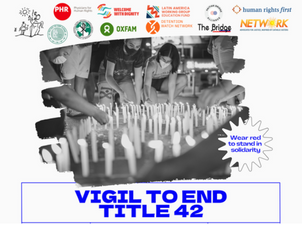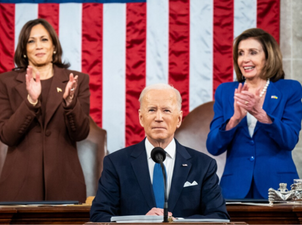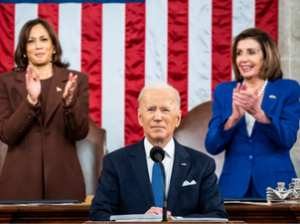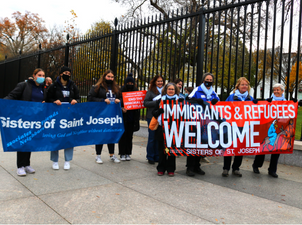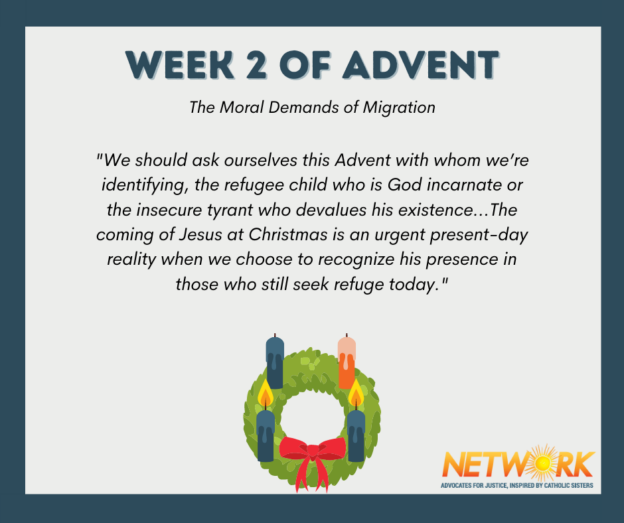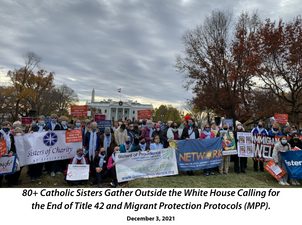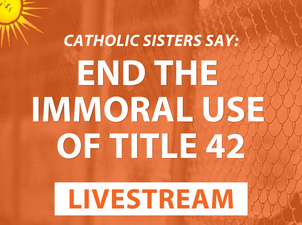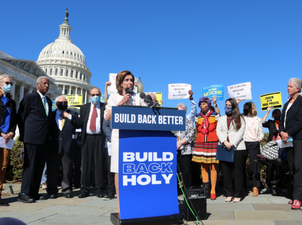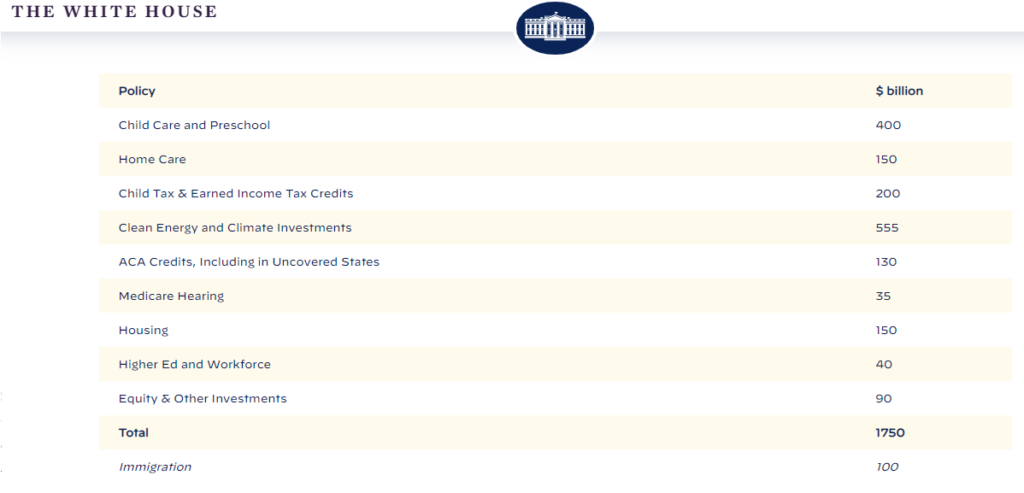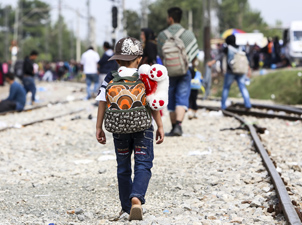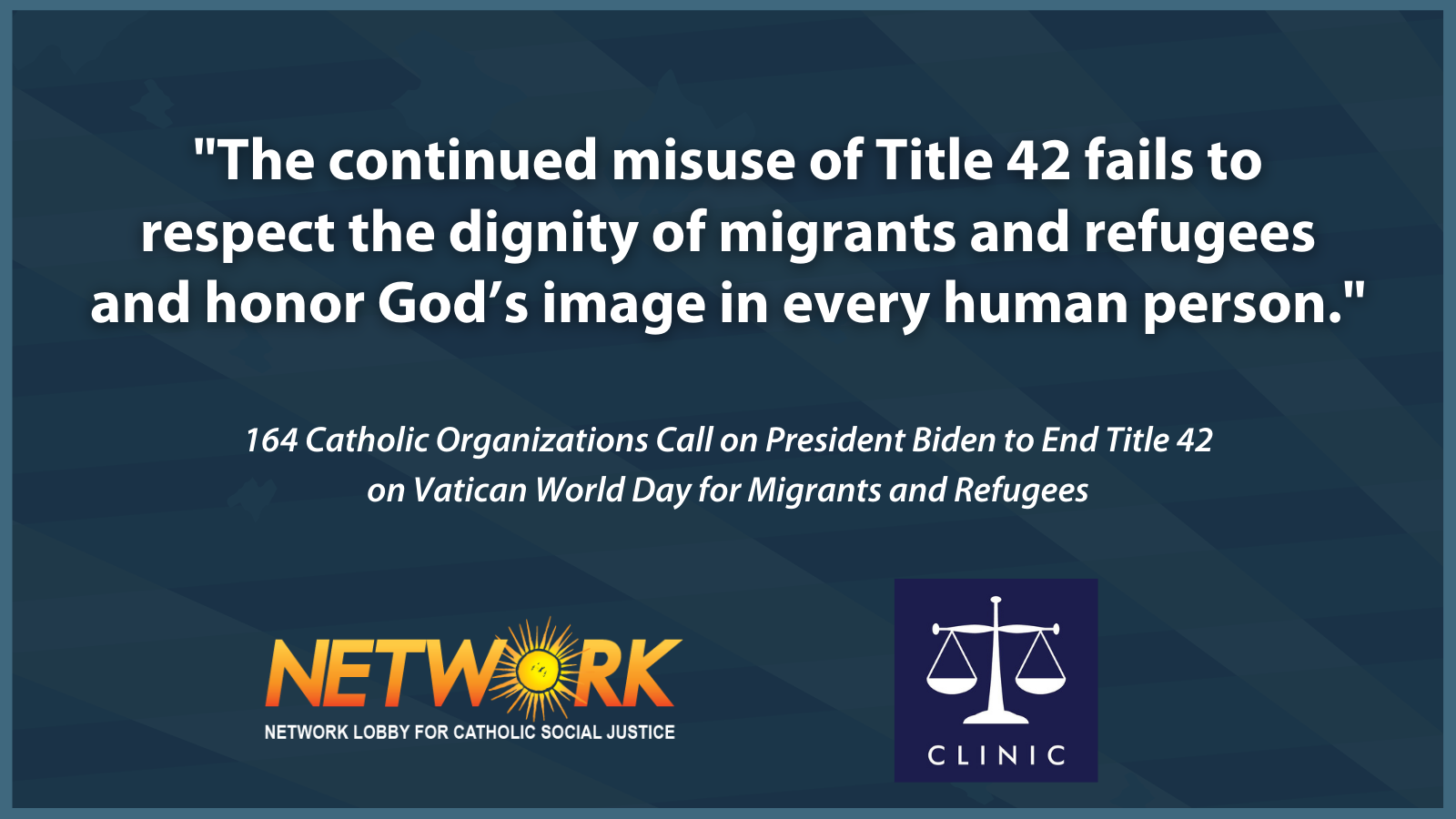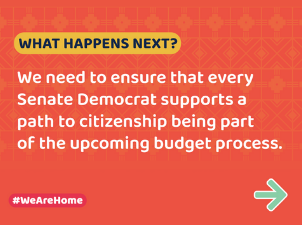
Hundreds of Miles of Wall and Two Years of Title 42 Later: Are We Any Better Off?
Julia Morris
May 9, 2022
“Title 42 is a policy failure plain and simple. It does nothing to stop COVID from being spread and by circumventing immigration law it actually goes against the principles on which our country was founded.
Ending it was the right decision”
– Rep. Pramila Jayapal (WA-7)
A Trump appointed federal judge ordered a two week hold on the phasing out of the Title 42 expulsion policy, raising doubts about the Biden administration’s ability to restore asylum on May 23.
As Pope Francis said, “[T]housands of persons are led to travel north in search of a better life for themselves and for their loved ones, in search of greater opportunities. Is this not what we want for our own children? We must not be taken aback by their numbers, but rather view them as persons, seeing their faces and listening to their stories, trying to respond as best we can to their situation … Let us remember the Golden Rule: ‘Do unto others as you would have them do unto you.’” (Papal address to the United States Congress, 9/24/15.)
Faith and secular border reception agencies are ready to receive asylum seekers and hope that Congress and the Administration will treat them as partners in this journey so that they can provide the best service to our siblings at the border. Rather than fall victim to anti-immigrant rhetoric, we have an opportunity now to live up to our values and show compassion.
Title 42 is a death sentence for these vulnerable asylum seekers. At its core, Title 42 is an obscure public health law weaponized advance cruel, xenophobic immigration policies under the guise of public health.
We know how to curb COVID-19: vaccines, masking, and social distancing. A xenophobic and selective ban on individuals and families fleeing harm only undermines public trust in federal institutions like the CDC.
We can protect public safety without turning away vulnerable families coming to this country for a better life.
Join NETWORK activists in restoring the right to asylum, email Congress now!







